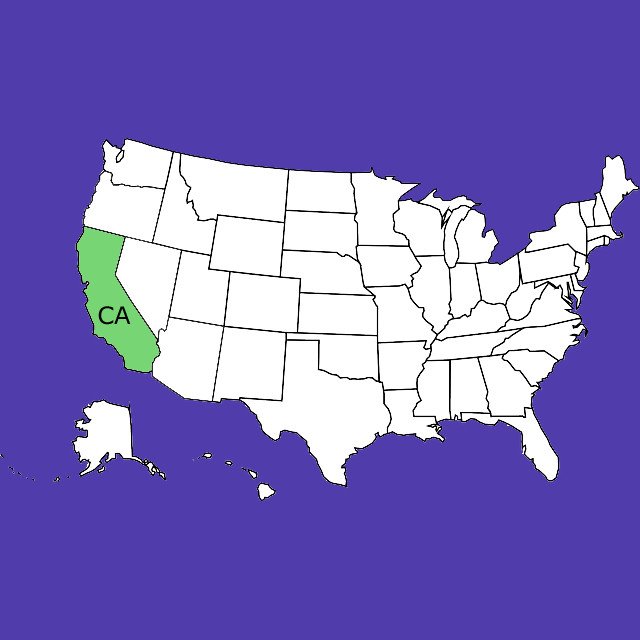Published Via JD Supra
Since 2016, California has experienced a transformative landscape surrounding the legal cannabis market. Officially made legal by Proposition 206, the market for cannabis sale, manufacturing and cultivation has experienced a dramatic shift. While retailers get all of the publicity, an often-overlooked area of the legal cannabis market is cultivation: planting, growing, harvesting, drying, curing, grading, and trimming of cannabis. Read on to learn more about the cultivation business and some particularly important aspects of entering this burgeoning industry.
Why Cultivation?
Being a living plant, cannabis must be grown organically before it ends up in the hands of a consumer. While this side of the legal cannabis business may involve high initial startup costs, it has the potential to yield considerable sums. Cultivation in California may also have the distinct advantage of not requiring indoor facilities as the weather in many parts of the state may be suitable for outdoor cannabis farms.
Develop A Business Plan
Any new business venture will require extensive planning. Cultivation takes it a step further as there are extensive zoning and local ordinances that apply specifically to this type of cannabis business. Getting approved for a cannabis cultivation license will not only require a business plan, but also a site plan that is complete with diagrams and management plans.
Adult Use Vs. Medical Use Licenses
No matter what category of cannabis business you are looking to enter, you will have to apply for a license. Cultivation requires a license from California Department of Food and Agriculture (CDFA). However, before applying for the license, you must decide which type you will be applying for. An adult use license refers to cultivating cannabis specifically for the recreational retail sector. A medical license is necessary for the cultivation of medical marijuana. Lastly, CDFA allows for a provisional or temporary license. Unlike the other license types, temporary licenses cannot be renewed.
Applying For A License
CDFA is responsible for issuing cannabis cultivation licenses. The Department has a number of resources online that will guide you through a step-by-step process in obtaining your cultivation license. A number of documents and diagrams will be necessary to complete in connection with the application process. Decisions on how your cultivation business will be owned and operated must be made prior to applying for the license. You can read an in-depth look at how to get a California cannabis license here.




